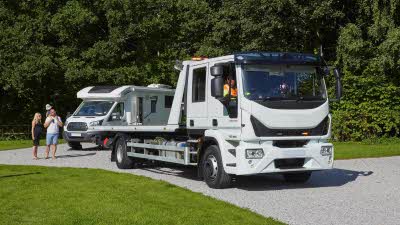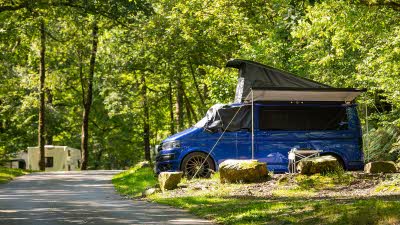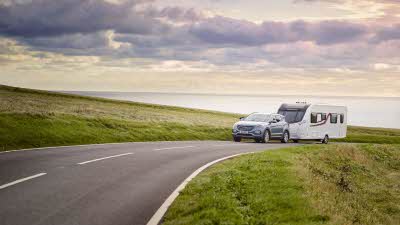Motorhome Insurance
Our Members’ Motorhome Insurance reviews
Service you can trust

Designed for the touring lifestyle
With nearly 50 years of experience, we know what is important to you. We continually review our policies to keep them relevant to your needs

The Club that really cares
Our Motorhome Insurance is loved by members which is why more than 8 out of 10 renew with us*

We'll beat your renewal price
Send us proof of a current renewal invitation from your existing motorhome insurer and we’ll beat it by at least £25**

New for old
If you've owned your motorhome from new and it's written off within 24 months of purchase, we'll replace it with a new one

Switch to us and we'll refund your cancellation fees
Step 1: Purchase our Motorhome Insurance before your current policy ends
Step 2: We'll refund any cancellation fees you have to pay, up to a maximum of £50
For full terms and conditions, click here.
Prefer to get a quote by phone? Call us on 01342 649 890
What does our Motorhome Insurance cover?
We know how precious your motorhome is to you, so we created our Motorhome Insurance scheme. In the table below, you can see a summary of cover and benefits:
Benefit |
Details |
|---|---|
New for old cover |
New for old cover for up to 24 months from new - no mileage limit |
£5,000 personal effects cover |
Includes equipment and baggage, with a £500 individual limit, which includes portable TVs, DVD players and radios |
Full policy cover for all journeys to member countries of the European Union (and others as shown in the policy wording) |
Up to a maximum of 365 days in any policy year |
Replacement lock cover |
Following loss or theft of keys up to £1,000 (£100 excess) |
Why do I need Motorhome Insurance?
As a motorhome owner, you must always provide cover for your legal liability towards third parties, so you're covered if you have an accident causing damage or injury to any other person, vehicle, animal or property. Third-party insurance is a minimum legal requirement, unless your motorhome is registered with the DVLA as being off the road.
Motorhome insurance is motor cover specific to motorhomes, and is designed to protect owners from financial loss. It can provide cover towards the cost of repairs or replacement, if your motorhome is damaged in an accident, fire, or if someone tries to or actually steals it.
Some storage providers require insurance as a condition of using their storage facilities.

Top tips to get the best quote
There are a number of ways to make sure you get the best value for money.
- Make sure the product is right for a motorhome and not a car/van policy which may not be appropriate for your needs.
- Make sure you have the right security to deter opportunistic theft.
- Make sure your motorhome is parked and stored safely and securely.
- Provide accurate mileage estimates.
- See if you can lower your premium by increasing your voluntary excess.
or CALL US on 01342 649 905
(Phone lines open; Mon-Fri 8.30am to 7pm; Sat 9am to 5pm)










